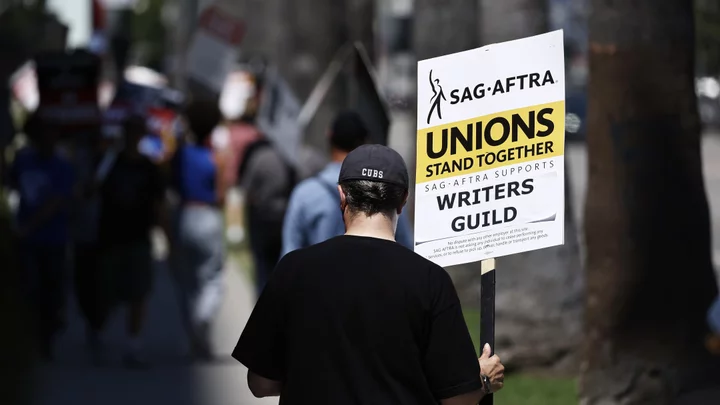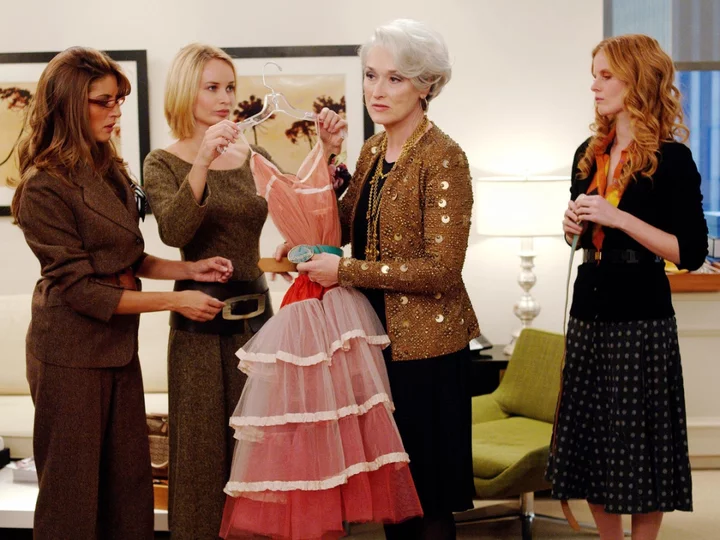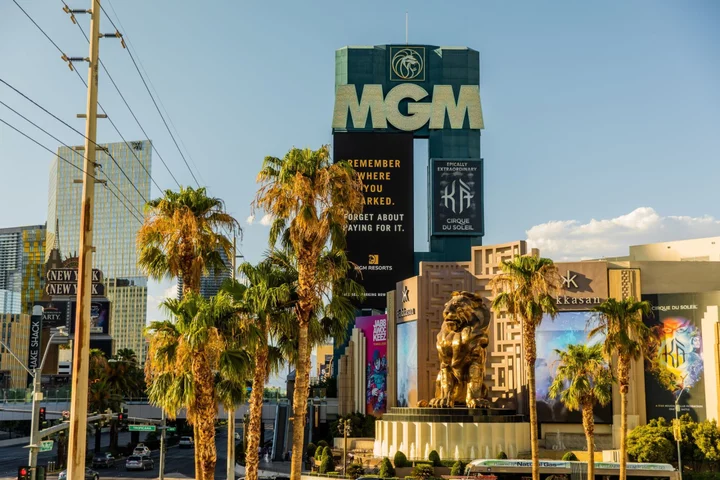On July 13, the national board of the Screen Actors Guild – American Federation of Television and Radio Artists (SAG-AFTRA) voted to go on strike. The action follows weeks of talks between SAG-AFTRA and the Alliance of Motion Picture and Television Producers (AMPTP), all leading up to the expiration of SAG-AFTRA's current contract.
SEE ALSO: Hollywood actors may be about to strike. Here's what that means.Negotiations between actors and the studios broke down after a two-week extension of the original deadline, as well as a last-ditch effort by the AMPTP to bring in a federal mediator on the final day of talks. Based on a June 27 letter sent to SAG-AFTRA leadership and signed by over 300 A-list actors, including Meryl Streep and Jennifer Lawrence, members of SAG-AFTRA sought a "transformative deal." Concerns included reduced income, streaming residuals, and the use of AI in filmmaking.
Many of these concerns are echoed by another striking Hollywood union: the Writers Guild of America (WGA), which has been on strike since May 2. Just like with SAG-AFTRA, the WGA's talks with the AMPTP did not result in a fair deal from the studios. Now, Hollywood faces the first joint SAG-AFTRA and WGA strike since 1960, bringing the entertainment industry as we know it to a standstill.









